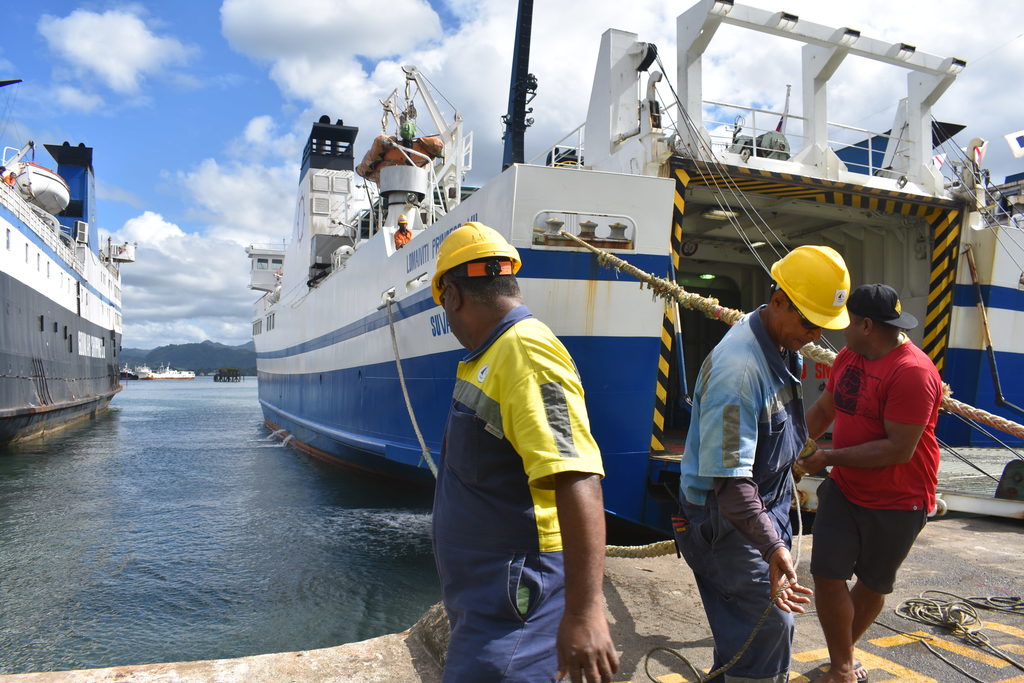A marine notice was issued by recently the Maritime Safety Authority of Fiji on registration and qualifications of seafarers this month.
The notice informed maritime stakeholders about the registration of their seafarers and their qualification to work on commercial vessels that are more than 15m in registered length.
The notice was in response to a recent marine incident and the implementation of the provisions in the Fiji Maritime Legislation.
“MSAF will be enforcing the seamen’s employment record book requirement for Fiji seafarers,” MSAF’s chief executive officer, Joeli Cawaki said.
“Fiji seafarers are required to hold a valid seamen’s employment record book. This requirement also includes Fiji seafarers employed on fishing vessels.
“The Maritime Safety Authority of Fiji will not recognise seafarers’ certificates issued by foreign registries unless those registries have an official agreement or undertaking with MSAF. This ensures that all certifications meet Fiji’s maritime safety and competency standards.”
He said all seafarers must be properly certified and qualified for the roles they performed on board vessels.
This requirement ensures maritime safety, professionalism and adherence to international maritime standards.
He said certifications would help verify that seafarers had undergone the necessary training, possessed the required skills and met the competency standards relevant to their responsibilities.
MSAF would also inspect watchkeeping arrangements on board vessels.
Mr Cawaki said the initiative aimed to address concerns such as crew fatigue and ensure compliance with regulations regarding proper rest hours.
He added such measures were crucial for promoting maritime safety, maintaining alertness during watchkeeping duties, and preventing accidents or operational error caused by fatigue.



